So you’ve been considering taking up a regular kombucha practice, but wondering….Is kombucha gluten free?
I’m going to answer that question + give you my Master Kombucha Guide in this post.
Kombucha tea has exploded in popularity with information now abundant.
Some of the information I’ve been reading is good; other information I am giving all the eye rolls to. Another story for a different day, I guess.
Anyways, I’ve been hardcore on the kombucha (aka Booch) train for many years. I have tried a plethora of brands; I also know how to brew my own.
No, I’m not a booch guru; just kind of close, so I want to share everything I can with you.
What is Kombucha?
Kombucha is simply a fermented tea.
What that means is that the base of the beverage is tea and then it sits for quite some time to ferment before it’s ready for consumption.
The popular beverage has been consumed for thousands of years.
The first recorded use of kombucha comes from China in 221 BC during the Tsin Dynasty. It was known as “The Tea of Immortality”.
Is Kombucha Gluten Free (+ A Gutsy Girl’s Master Kombucha Guide)
Click HERE to save this article for later.

Naturally, kombucha is gluten free; suitable for the gluten-free diet.
The ingredients in this fermented tea drink include: tea, sugar, bacteria and yeast.
However, when it comes to gluten, there is a difference between gluten sensitivities and celiac disease.
And because of this, if you are not making your own and instead choosing a commercially packaged kombucha, you’ll always want to check the product’s label to make sure the finished product is still gluten free.
This is because the final product may contain gluten-containing ingredients like other grains and/or flavorings which contain gluten.
Let’s break the pieces of kombucha down a little more for clarification.
Is Tea Gluten Free?
In most cases, tea leaves are gluten-free. If you simply use whole tea leaves or bags of tea that contain just one ingredient, the tea leaf itself, then this is gluten free.
However, some tea brands are cross contaminated with gluten-containing grains.
Therefore, to ensure you’re drinking gluten-free tea, check the label to confirm the strain of tea plant it has come from.
Is Sugar Gluten Free?
It takes a lot of sugar to make kombucha, as it’s critical for the fermentation process. But pure sugar is 100% gluten-free.
If you want my list of 192 sugar sources, you can grab it HERE.
When it comes to sugar and gluten-free kombucha, the only thing to watch for is if there is any cross contamination.
Is the SCOBY Gluten Free?
The SCOBY is important because it’s the living home for the bacteria and yeast that turns sweet tea into fizzy, probiotic-packed kombucha.
A SCOBY is also known as “the mother.” It stands for Symbiotic Colony Of Bacteria and Yeast.
This is the “mushroom-looking” piece that, when brewing your own fermented beverage at home sits on top of the kombucha, feeding on sugars in the brew causing the tea to ferment. (By the way, it does not look pleasant, but it’s the most important part!)
Because I know how I make my own kombucha, I also know that my SCOBY is gluten free.
However, because kombucha has gotten so popular in recent years, some manufacturers are able to come up with their own strains, creating a brand new SCOBY.
And this could be done using barley, wheat or other gluten-containing grains which would then make it not gluten free.
Water
Finally, there is a lot of water in kombucha, but pure water is gluten-free.
What are Some Kombucha Health Benefits?
While I get a lot of questions regarding kombucha, probably the biggest is, “Okay, but what are the health benefits for choosing this fermented tea beverage?”
12 Kombucha Health Benefits
The benefits of kombucha are debatable (like everything else), but here are some potential health benefits:
- May provide the benefits of green tea
- Potential source of probiotics
- May help manage type 2 diabetes
- Potentially contains antibiotic, antiviral and anti fungal properties
- Contains antioxidants
- May help protect against cancer
- Can kill bacteria
- May reduce heart disease risk
- Protects against stress
- Improves liver function
- Can be used externally for skin problems
- Provides B vitamins, a handful of essential minerals, organic acids, glucuronic and D-Saccharic acids
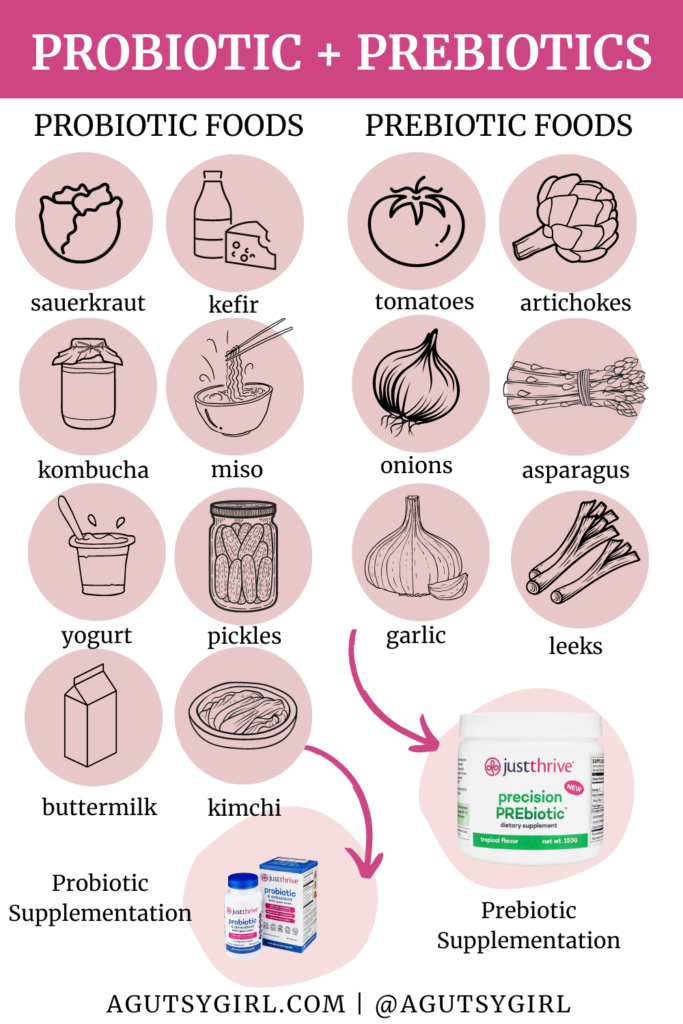
But is Kombucha Okay for My Gut?
Gosh. This one is so tricky. I get super frustrated with the gut-health gurus out there who say, “Never drink kombucha.” And I also get super frustrated with those who say, “You must drink kombucha.”
There is no clear-cut answer to the question, “But is kombucha okay for digestive health?”
Here’s why.
Gut health and gut healing are two VERY DIFFERENT things.
Your answer to this question comes from the answer to your own question, “Am I eating and drinking for gut health or gut healing?”
Please stop right here if you aren’t sure of the difference. Read: Gut Health vs. Gut Healing HERE.
Once you’ve answered that question, there might be more to answer (also maybe not).
Here are a two things I”ll say on this:
- Since it is a fermented drink, if you have digestive issues like SIBO (small intestine bacterial overgrowth), this is probably not the best beverage for right now. You’ll know almost immediately. upon consuming it, too, as you’ll likely feel gastrointestinal symptoms like gas, bloating, and stomach movement.
- If you’re looking to add more tea and/or fermented products into your diet for overall gut health, then kombucha can be a great addition.
The one thing I caution is that you not overthink it.
If you are drinking kombucha as part of a healthy gut routine and you have recently swapped in booch and out the soda, then STOP listening to all that advice about “too much sugar.”
Of course I want you to pay attention to the fact that some brands have far more sugar than others.
But if you’re simply trying to live a healthier lifestyle and don’t have massive digestive system issues, kombucha is a far better choice than soda.
Perspective.
Ladies – do not live in fear, and stop following accounts that make you feel fearful. Okay?!
Is There Alcohol in Kombucha?
You may have noticed that some commercial brands of kombucha have a different colored label (i.e. black) to indicate that one must be 21 years of age to purchase as it’s technically an alcoholic beverage.
Naturally, as a result of the fermentation process, kombucha contains carbon dioxide, alcohol, acetic acid, and other acidic compounds, along with probiotic bacteria. The alcohol in the final product results from yeast consuming and fermenting sugar into CO2 and ethanol. (source)
However, unless indicated on the bottle, it isn’t enough to “get drunk” or even enough to not be able to drink unless you’re 21. It’s minimal.
To be in compliance with current laws set forth by regulatory agencies, kombucha must test under the 0.5% ABV limit to be considered a “non-alcoholic beverage.” And this is where almost all kombucha lands.
But there is such a thing as “hard kombucha,” indicated via the likes of a black label and/or clearly spelled out on a brand’s cans or glass bottles.
If you’re interested in this probiotic drink which also contains a small amount of alcohol, HERE is a great list to choose from.
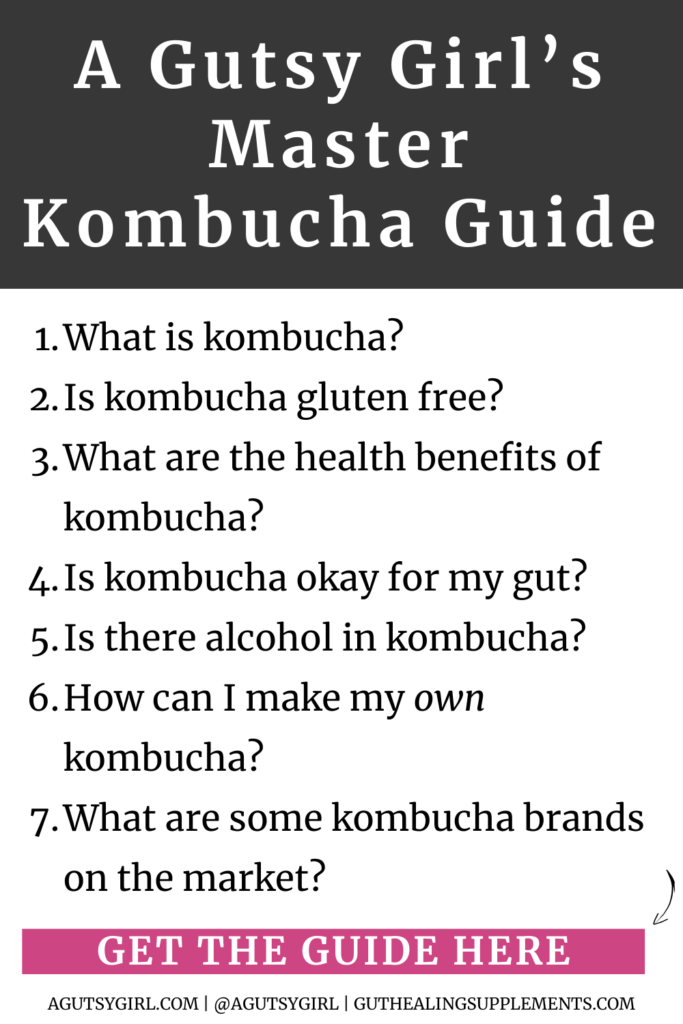
How Can I Make My Own Kombucha?
Of course making your own kombucha is the best way, as you can control any and all ingredients.
In fact, making your own of anything is best.
But here’s the deal with making your own kombucha. It’s time consuming and tricky.
Yes I do make my own, and yes I know the intricacies of it. But it’s not like making homemade lemonade.
This is a process that takes hours, weeks, and then even months (if you continue the brew cycles).
Therefore, no judging on my part if you seek to buy store-bought kombucha.
However, if you do want to give it a try there is good news — I’ve got you covered!
Check out How to Make Homemade Kombucha HERE.
Which Kombucha Brands are Out There?
So, let’s say you want to just grab a kombucha off the grocery store shelf.
You can do this, and I want to share a list of 16 commercial kombucha brands currently on the market.
Note: This is clearly not an exhaustive list.
- GT’s Kombucha
- Lion Heart Kombucha
- Wild Tonic Jun Kombucha. “Jun” = honey. Kombucha is usually brewed with sugar.
- Wonder Drink
- Health-Ade Kombucha
- Humm Kombucha. The first time I ever had this was when we found the Coconut Lime at a little cafe in California. I was hooked – it had an incredible taste, albeit the 18g of sugar in the bottle.
- Rowdy Mermaid
- Katalyst Kombucha
- Kosmic Kombucha
- Better Booch
- Kombucha Dog. Check out what Kombucha Dog stands for. Love this aspect of the brand.
- Kevita Master Brew Kombucha
- Live Soda. The Root Beer one is my favorite, but I really don’t like the Stevia aftertaste in this brand.
- Brew Dr Kombucha
- Holy Kombucha
- Wild Bay Kombucha
Kombucha Wrap Up
Alright, when it comes to booch, what else do you want to know?
Do you drink kombucha? Why or why not?
For the record, I drink it today (now that I’m healed and in gut-health vs. healing mode).
When my SIBO was active, I avoided it. And when I was somewhere in the middle, I’d drink it here and there, listen to my body, and re-adjust as needed.
If you liked this post, you might also enjoy:
- 10 Tips to Lead Your Healthy Gluten-Free Lifestyles
- Irritable Bowel Syndrome vs Inflammatory Bowel Disease
- Interesting Facts About the Immune System {Plus 13 Science Backed Ways to Boost Your Immune System}
Xox,
SKH
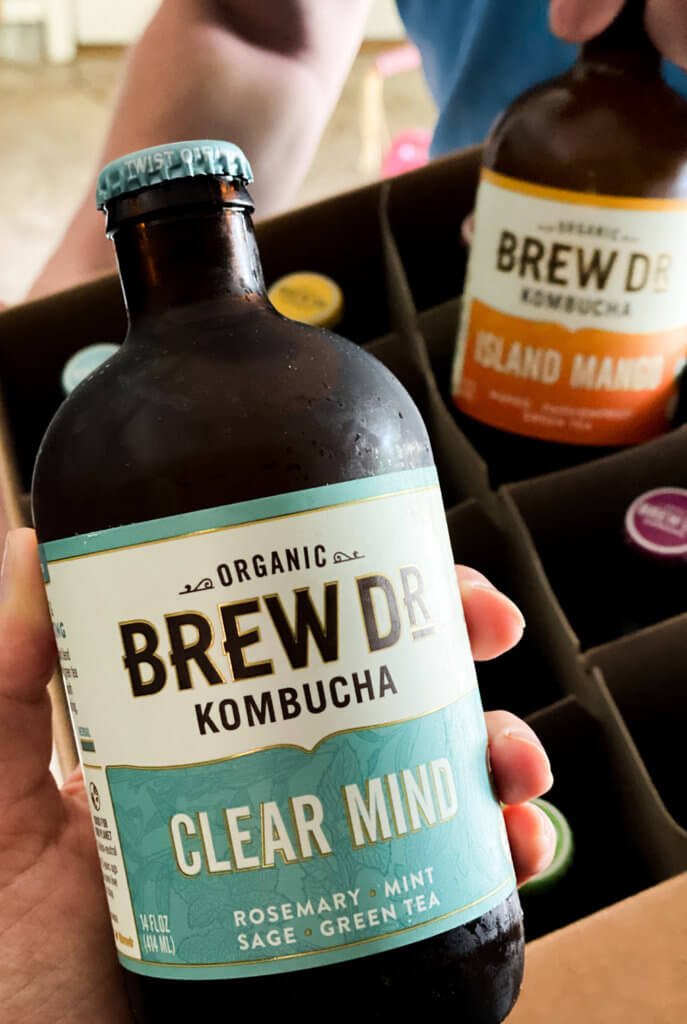
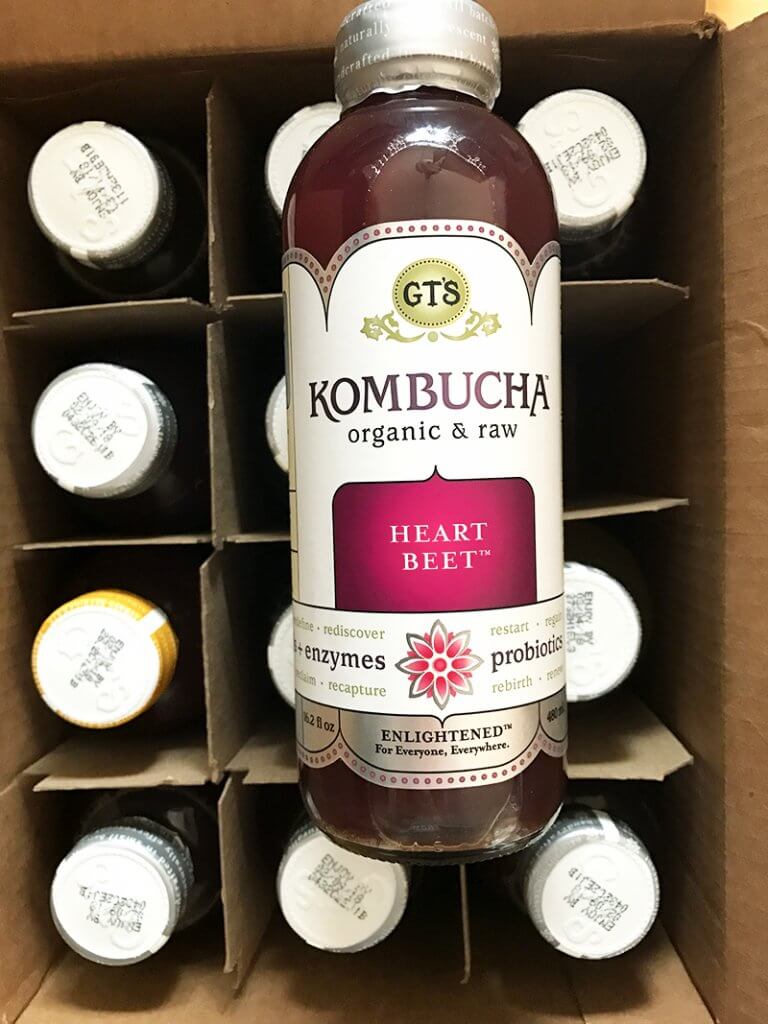
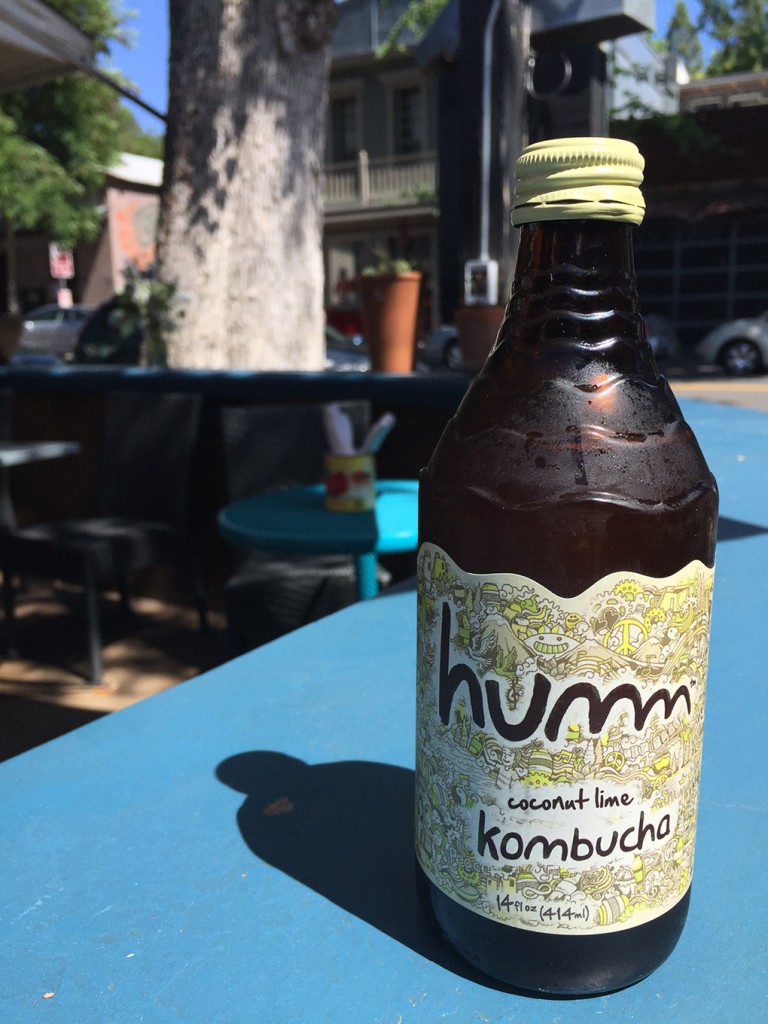
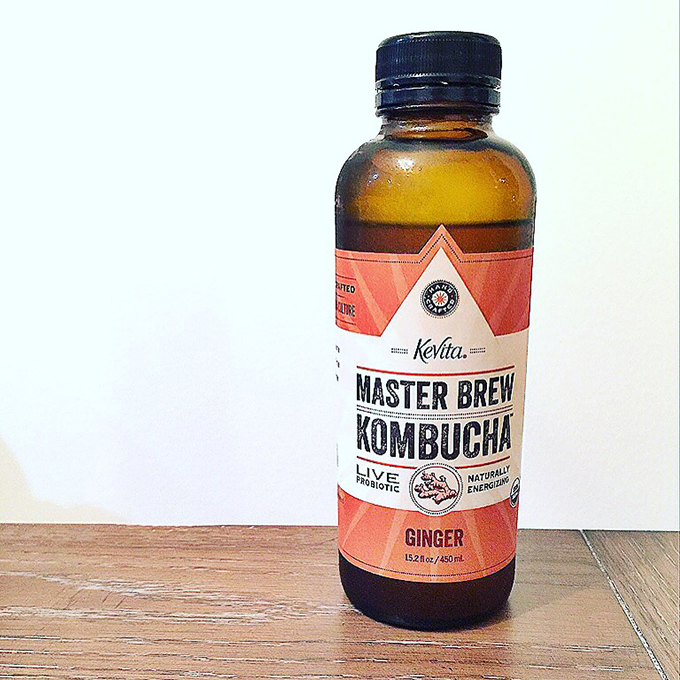
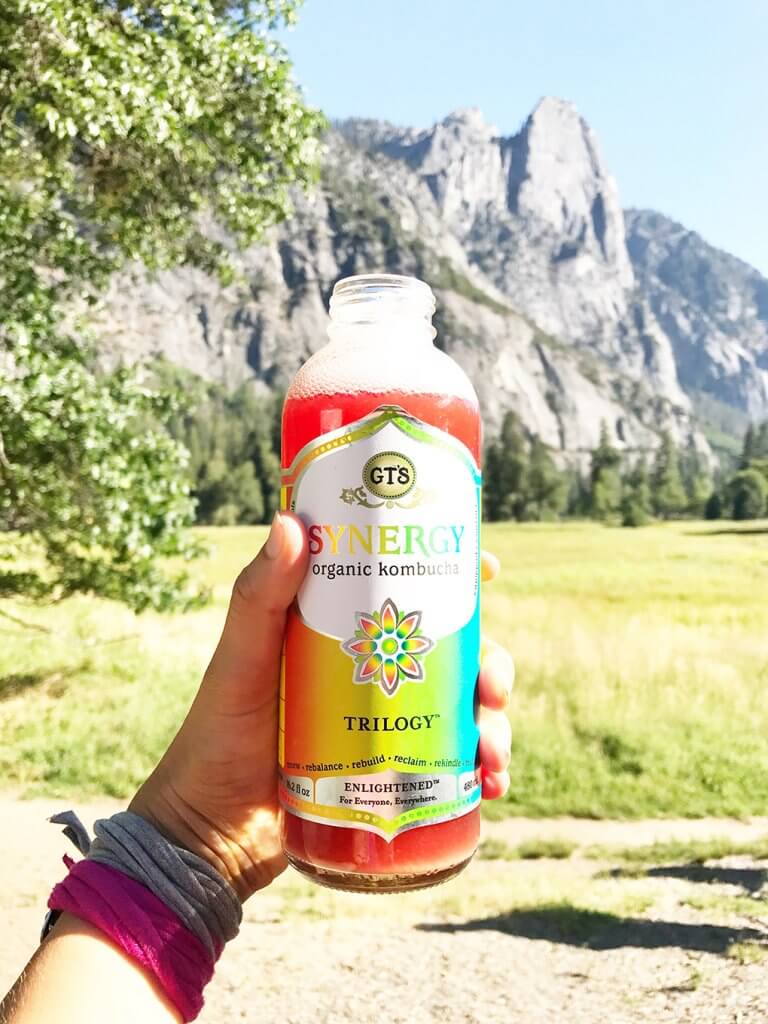

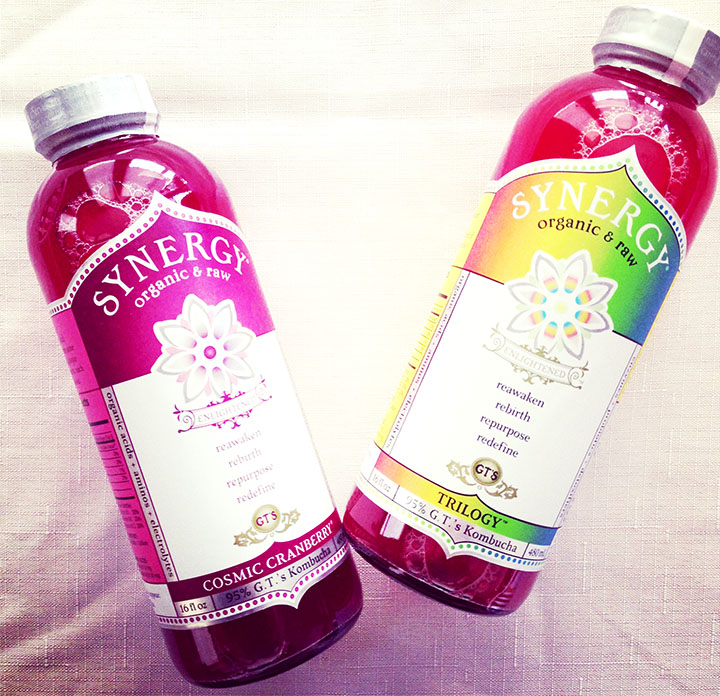
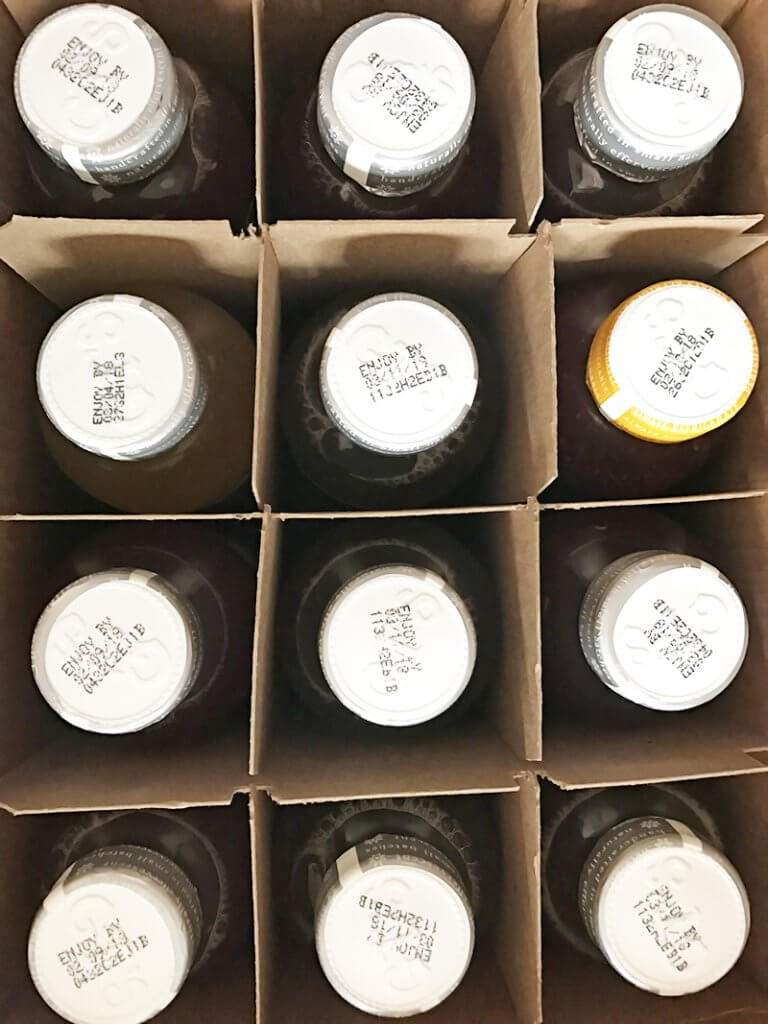
🤰 bloating be gone! weight loss through optimal gut health for women
💃ʜᴇᴀʟ ʏᴏᴜʀ ɢᴜᴛ. ʜᴇᴀʟ ʏᴏᴜʀ ʟɪfe.
🫶🏻 founder gutbyome.com

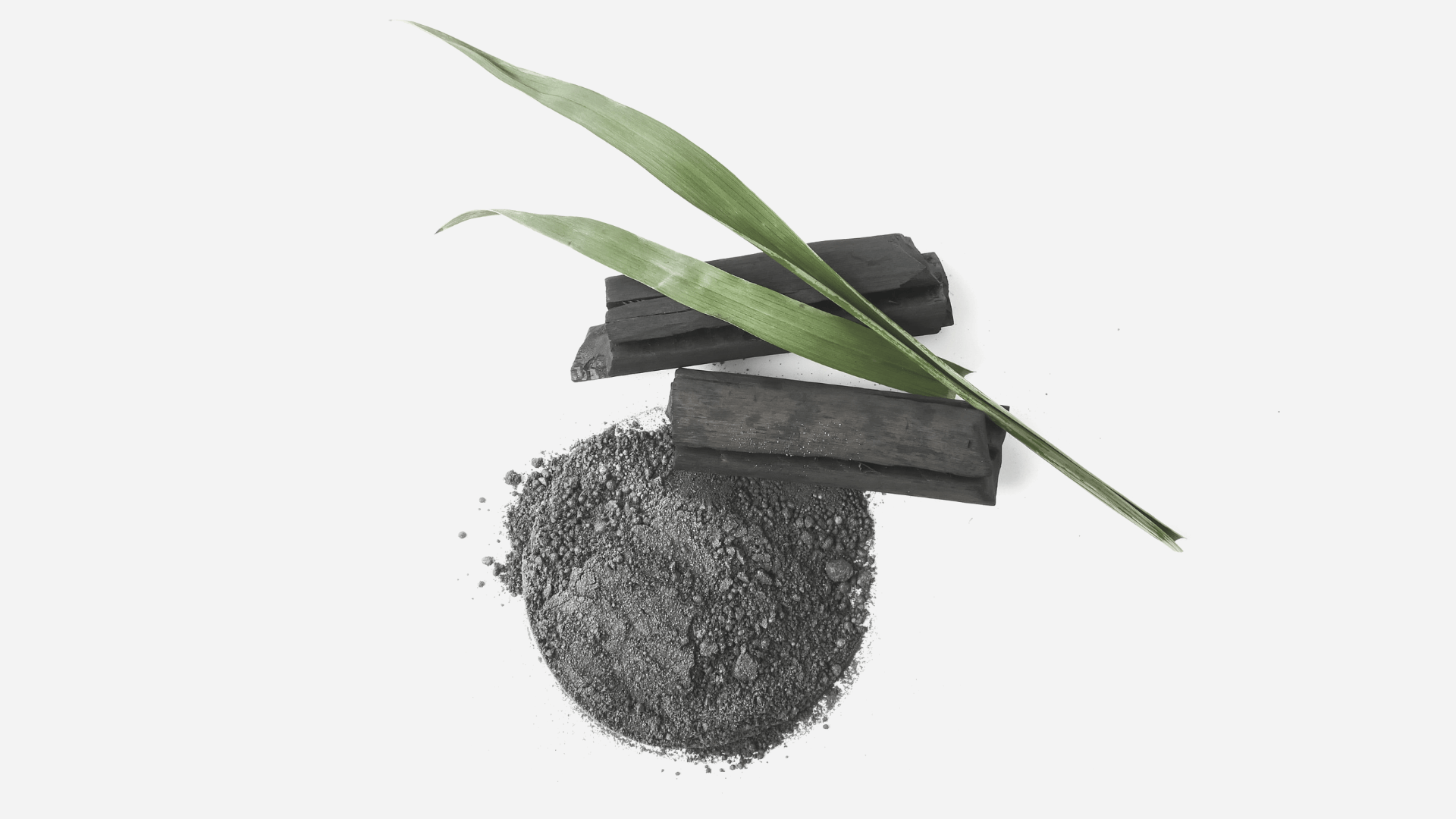
![Amazon Prime [for the Gutsy Girl]](https://agutsygirl.com/wp-content/uploads/2018/11/gifts-featured-agutsygirl.com_.png)
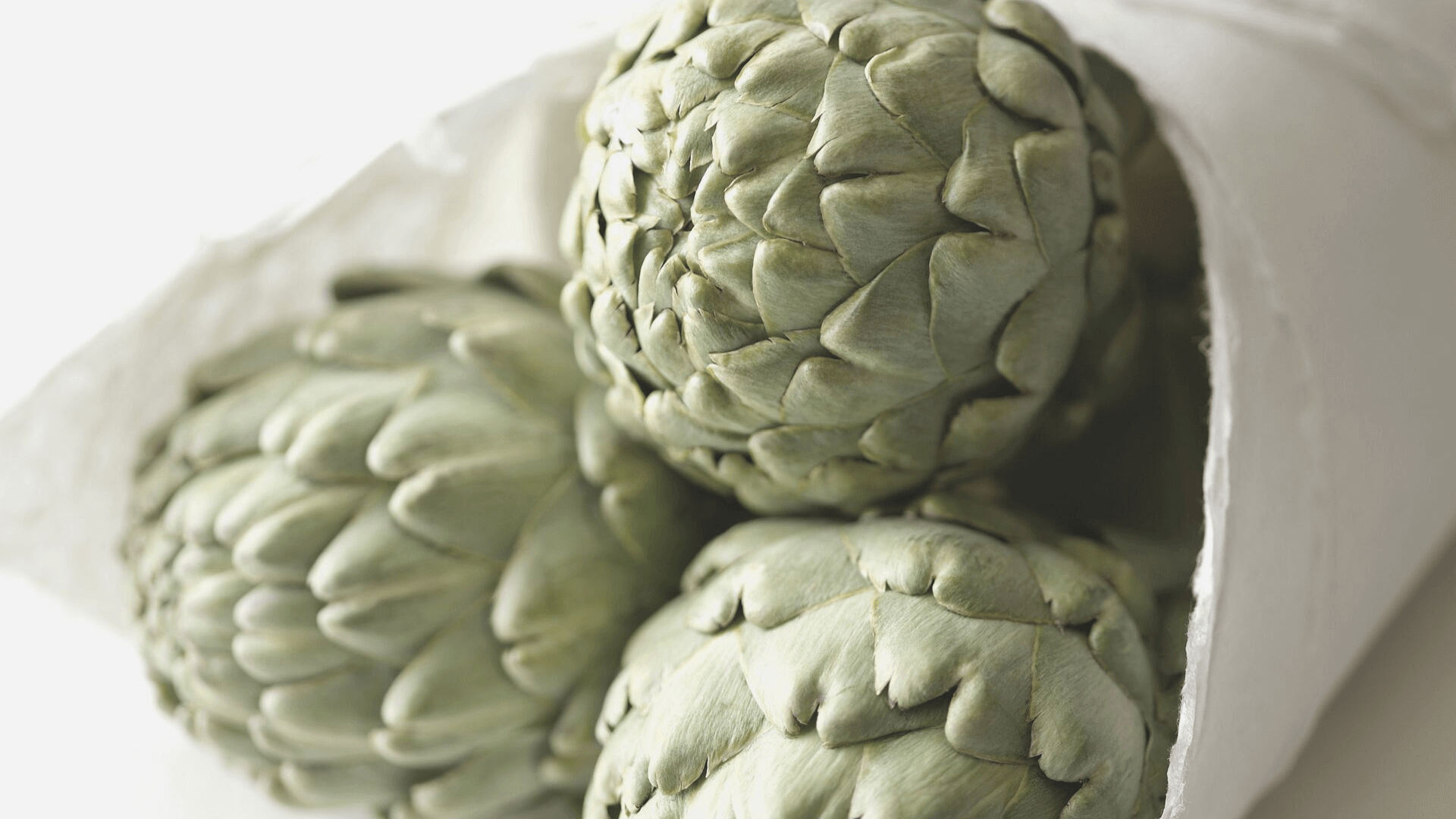

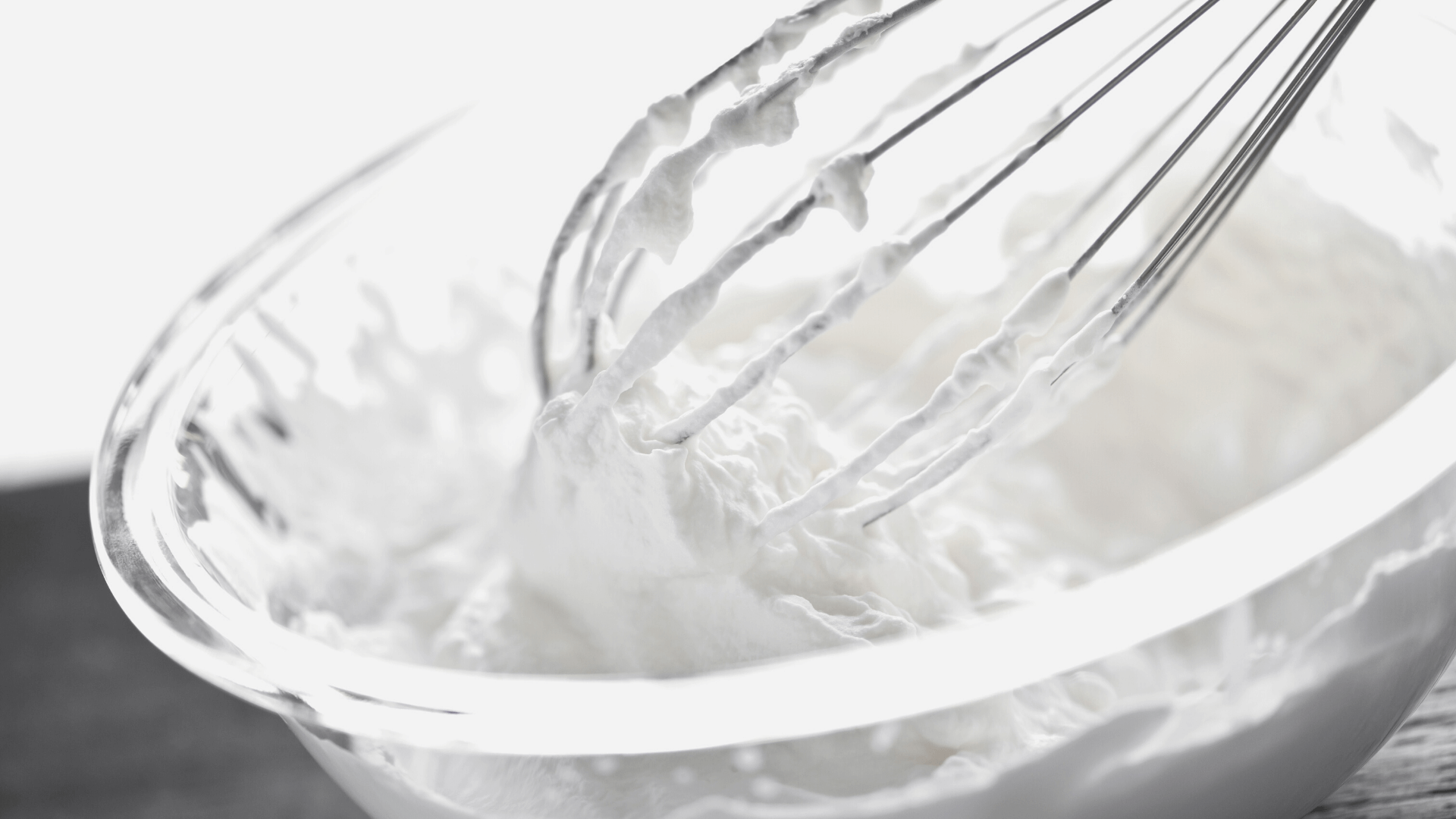
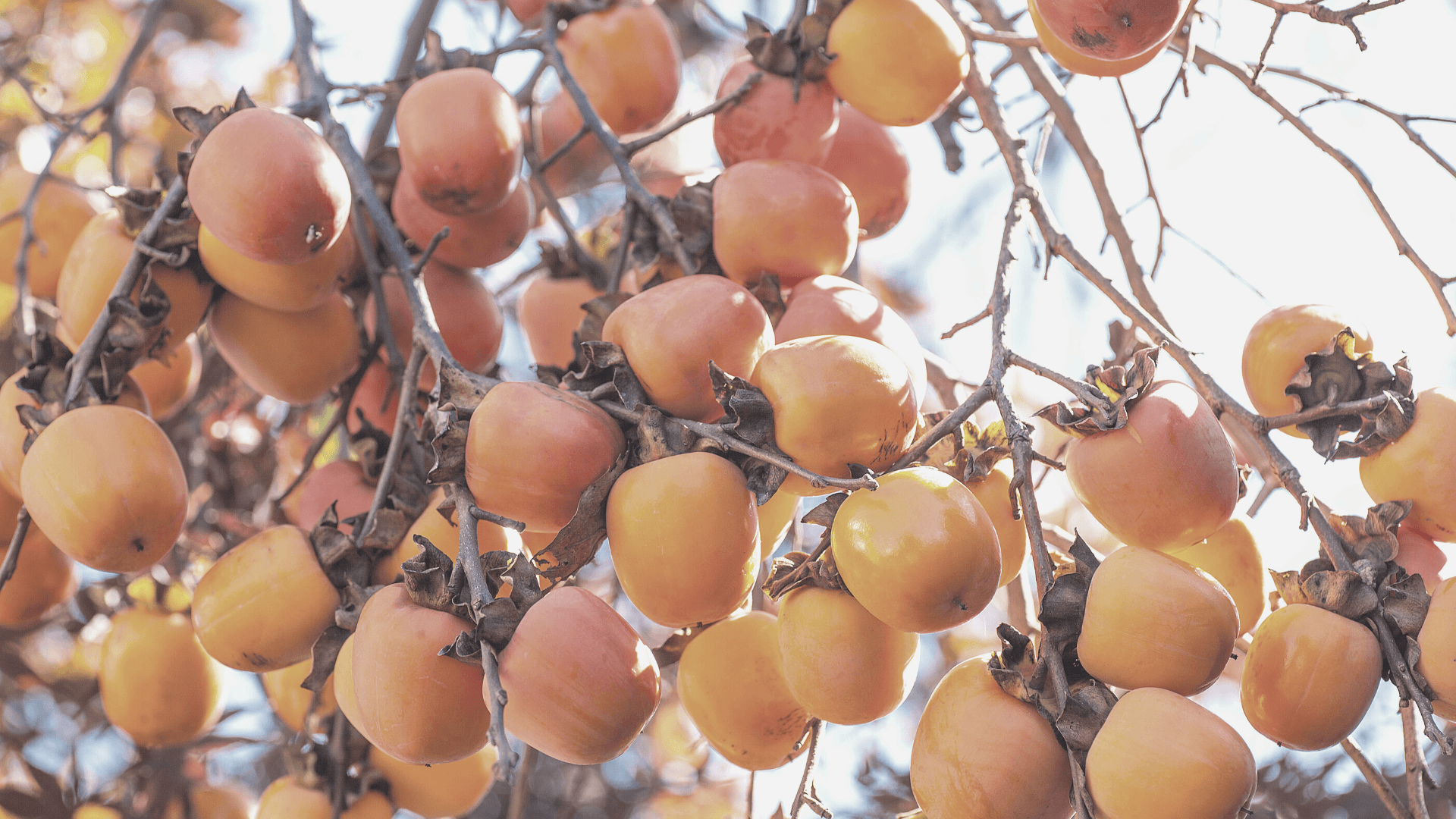
2 Comments